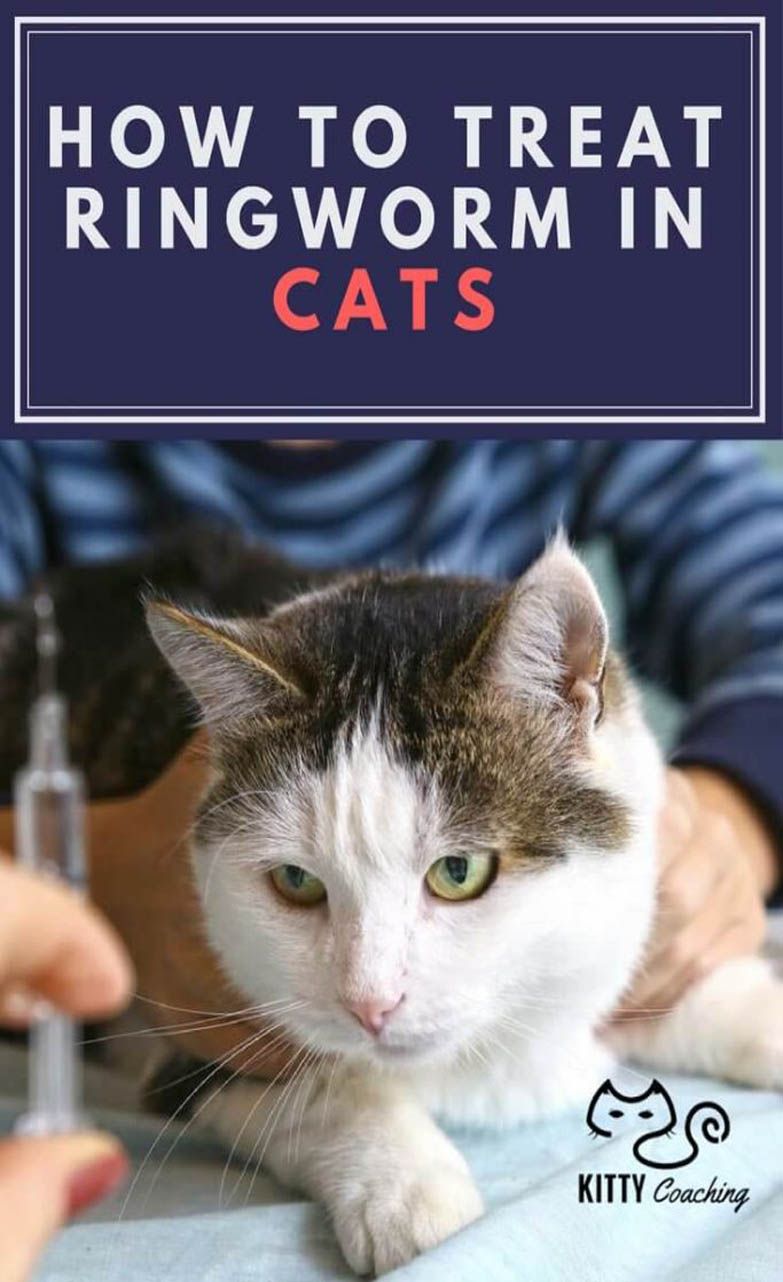Signs Of Hookworms In Kittens

Bloody or tarry stools may be present.
Signs of hookworms in kittens. What are the signs and symptoms of hookworms in cats. Not all cats infected with hookworms show signs of infestation but there are certain symptoms to be on the lookout for. If your pet has an infection you can get it indirectly. Symptoms of worms in cats.
Feline hookworms enter a kitten s body through pores in the skin ingesting dirt with hookworm eggs or through their mother s milk. All of these worms affect the digestive and. Such infestations are potentially fatal. Hookworm infections can occur in pets especially puppies and kittens.
Diarrhea anemia pale gums weakness sometimes seen. Once the larvae develop they attach themselves to the small intestines where they deprive the kittens of nutrients leading to malnutrition and anemia. Failure to gain weight or weight loss. Severe hookworm infestations with large numbers of adult worms especially of the species ancylostoma tubaeforme can cause anemia diarrhea and weight loss especially in kittens.
You might not see any signs of hookworms if your cat is infected with a small number of worms. Learn how cats become infected the signs to look for and the treatment and prevention options available to keep your cat healthy. Signs and symptoms of hookworms in cats. Sometimes coughing can occur due to the larval migration through the lungs with very heavy.
Hookworms are most commonly contracted through ingestion of contaminated water or feces or through skin penetration on the feet. The first symptoms begin to show at about three weeks of age in your kitten and it s vital that you take an immediate action otherwise the little worms may lead to your newborn pet some. Lesions on the bottom of the paws and in between the toes where the hookworm has entered the skin. Because hookworms in cats may be transmitted during pregnancy or via a mother s milk puppies and the kittens may be infected with the hookworms from the first day.
If the new kitten has roundworms or hookworms parasites are transmitted through the shared use of the litter box because of the range of exposure risks to both pets and people miller strongly recommends that all cats be on year round prevention for both your cat s health and because of risks to human health. Coughing an indicator that the hookworm larvae have gotten into the lungs through ingestion dark tarry stool. While in the small intestine the larvae will attach themselves to the intestinal wall feed on the cat s blood and mature into adult worms that can reproduce eggs that will then pass through the cat s stool. Hookworms are not visible to the naked eye so any symptoms you see will need to be checked out by a veterinarian who can properly diagnose a hookworm infestation.
Symptoms of hookworms in kittens. Once inside of the cat s body the larvae migrate to the lungs and then into the small intestine. Hookworms affect your lungs skin and small intestine. Hookworms can produce any of the following symptoms in a cat though symptoms may only appear with heavy infections.
Kittens can become infected with hookworms by drinking their mother s milk. Symptoms of a hookworm infestation include.



















